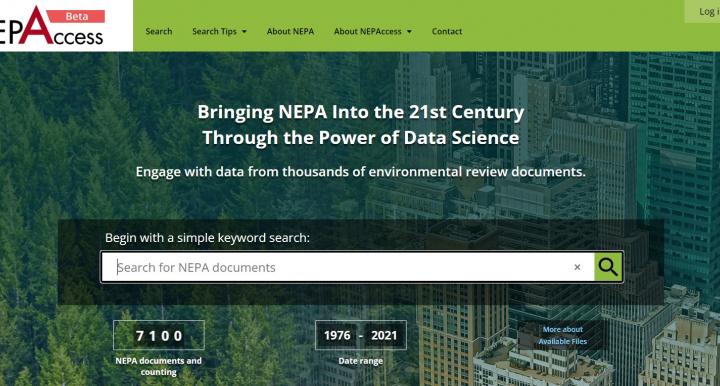Celebrated for its vast natural beauty, wild rivers, iconic landscapes, and old-growth forests, the western United States is also central to some of our nation’s most critical environmental issues, including drought, wildfire, urban sprawl, and natural and cultural resource management. Learn how our research provides solutions to environmental challenges for the Desert Southwest, and beyond.
View By Theme






